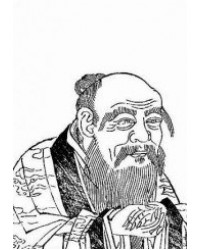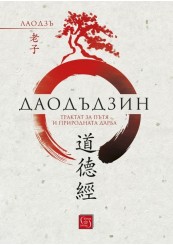Laozi

Laozi (literally "Old Master"), also rendered as Lao Tzu and Lao-Tze, was an ancient Chinese philosopher and writer. He is the reputed author of the Tao Te Ching, the founder of philosophical Taoism, and a deity in religious Taoism and traditional Chinese religions.
A semi-legendary figure, Laozi was usually portrayed as a 6th-century BC contemporary of Confucius, but some modern historians consider him to have lived during the Warring States period of the 4th century BC. A central figure in Chinese culture, Laozi is claimed by both the emperors of the Tang dynasty and modern people of the Li surname as a founder of their lineage. Laozi's work has been embraced by both various anti-authoritarian movements and Chinese Legalism.
In traditional accounts, Laozi's personal name is usually given as Li Er and his courtesy name as Boyang. A prominent posthumous name was Li Dan.
Laozi itself is a honorific title. It has been romanized numerous ways, sometimes leading to confusion. The most common present form is Laozi or Lǎozǐ, based on the Hanyu Pinyin system adopted by Mainland China in 1958 and by Taiwan in 2009. During the 20th century, Lao-tzu was more common, based on the formerly prevalent Wade–Giles system. In the 19th century, the title was usually romanized as Lao-tse. Other forms include the variants Lao-tze and Lao-tsu.
As a religious figure, he is worshipped under the name "Supreme Old Lord" and as one of the "Three Pure Ones." During the Tang dynasty, he was granted the title "Supremely Mysterious and Primordial Emperor".


